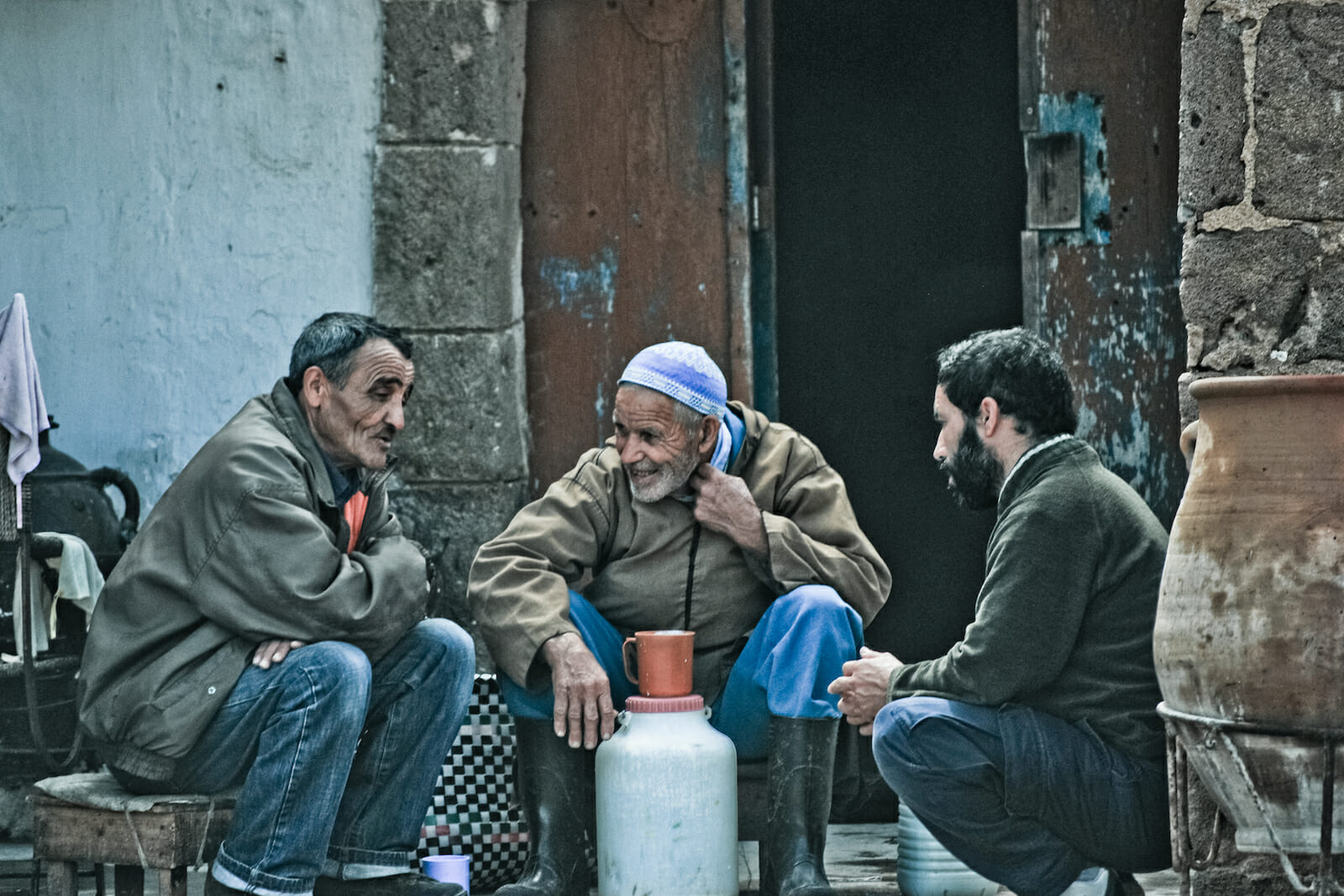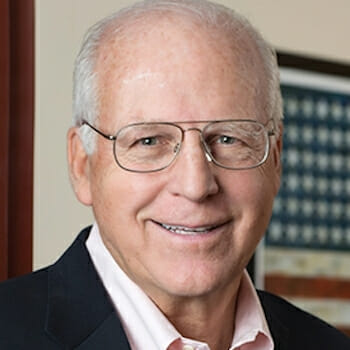
Morocco is the Key to America’s Success in Africa
President Trump’s wholesale reevaluation of the U.S.’ alliances in the hope of seeking a “better deal” from long-standing partners to achieve wins for Americans has been central to his agenda since he began his unlikely bid for the White House. As his administration continues to reconsider each individual relationship, Morocco remains a model ally that holds the keys to America’s future success on the African continent.
Morocco was the first country to recognize American independence in 1777, holds the longest unbroken treaty in U.S. history, remains a crucial security partner, a leader in religious tolerance for the Middle East/North Africa (MENA) region, and an innovative world leader in renewable energy. Having recently returned from the country with a bipartisan delegation of former members of Congress organized by the U.S. Association of Former Members of Congress (FMC), we witnessed the unique position Morocco finds itself in and the opportunity that lies ahead for closer U.S.-Morocco cooperation.
Morocco is not a security free-rider, hiding beneath the U.S. security umbrella and swallowing U.S. funds, but instead shares its capabilities and experience to professionalize its African neighbors, acting a multiplier effect for the U.S.’ efforts on the continent. Morocco hosts African Lion, the annual joint U.S.-Morocco military drill that builds the military capacity of Morocco and several West African nations. In the face of relentless instability across North Africa, Morocco has not only provided security within its own borders, but has also contributed to the global fight against terrorism. On counter-terrorism and security, Morocco has worked especially close with the EU and Interpol to identify foreign terrorists and members of ISIS that have used Mediterranean maritime routes between North Africa and southern Europe to smuggle in weapons, foreign fighters and finance terror. President Trump’s own Special Envoy for the Coalition to Defeat ISIS, Brett McGurk, praised Morocco for playing a “decisive” role in fighting terrorism.
Beyond hard security elements, Morocco has implemented a robust counter-radicalization strategy that should serve as an example for many Muslim majority countries in the MENA region. Morocco, which has always been a land of crossroads and diverse cultures, including a historic Jewish minority community, works to promote values of moderation and tolerance, both at home and abroad, through state education programs, community building, and religious training, as was recently noted by the State Department’s 2018 annual report on terrorism. Stemming from King Mohammed VI’s role as Commander of the Faithful, Morocco has reorganized the state’s religious structures to protect citizens from invasive, extreme forms of Islam.
Apart from its counter-radicalization efforts, Morocco is also taking on one of the key catalysts of extremism, economic opportunity. The economy, traditionally reliant on agriculture, manufacturing and mining, has developed and modernized greatly over the past decade. Since 2000, GDP per person has increased by 70% in real terms, while the GDP growth rate in that same period is estimated to be 4.1%. Morocco has built the world’s largest concentrated solar plant in the world, at the Noor Power Plant. Tax incentives have drawn in foreign investors, most notably from Europe, China, and the Gulf; helping revive aspects of Morocco’s manufacturing industry and building new infrastructure such as the upcoming Moroccan high speed train (LGV). Morocco is not perfect—poverty rates remain unacceptably high, especially in rural areas, while literacy rates remain stubbornly low, though both issues are recognized and being addressed by government and civil society.
More importantly to U.S. investors, Morocco is not only looking to develop its own economy but to aggressively accelerate development across the continent. I was introduced to the country’s vast series of economic modernization projects to attract additional FDI. Casablanca in particular aims to become an international financial center. Moroccan banks such as La Banque Centrale Populaire (BCP) and Banque Marocaine du Commerce Extérieur (BMCE) are looking to provide Africa with the capital it needs to achieve the desired development that could shift the continent’s future. Implementing localized and patient banking strategies, Morocco sees itself as the interlocutor between fellow African countries and international investors, providing outside investors with African know-how and serving as a gateway for African countries through its ports and access to the world. However, according to several leaders of the finance industry, for all the historic and current cooperation between the U.S. and Morocco, an unexplainable and key piece missing in Morocco’s Africa development strategy is large-scale U.S. buy-in and investment.
U.S. grand strategies in the Middle East and Africa have largely failed over the past two decades, hindered by unforeseen changes and perpetual instability. Instead of looking for the next genius idea, the current administration would be wise to partner with reliable allies like Morocco that are committed in the long haul to playing an integral and constructive role in the development and stability of the continent.

